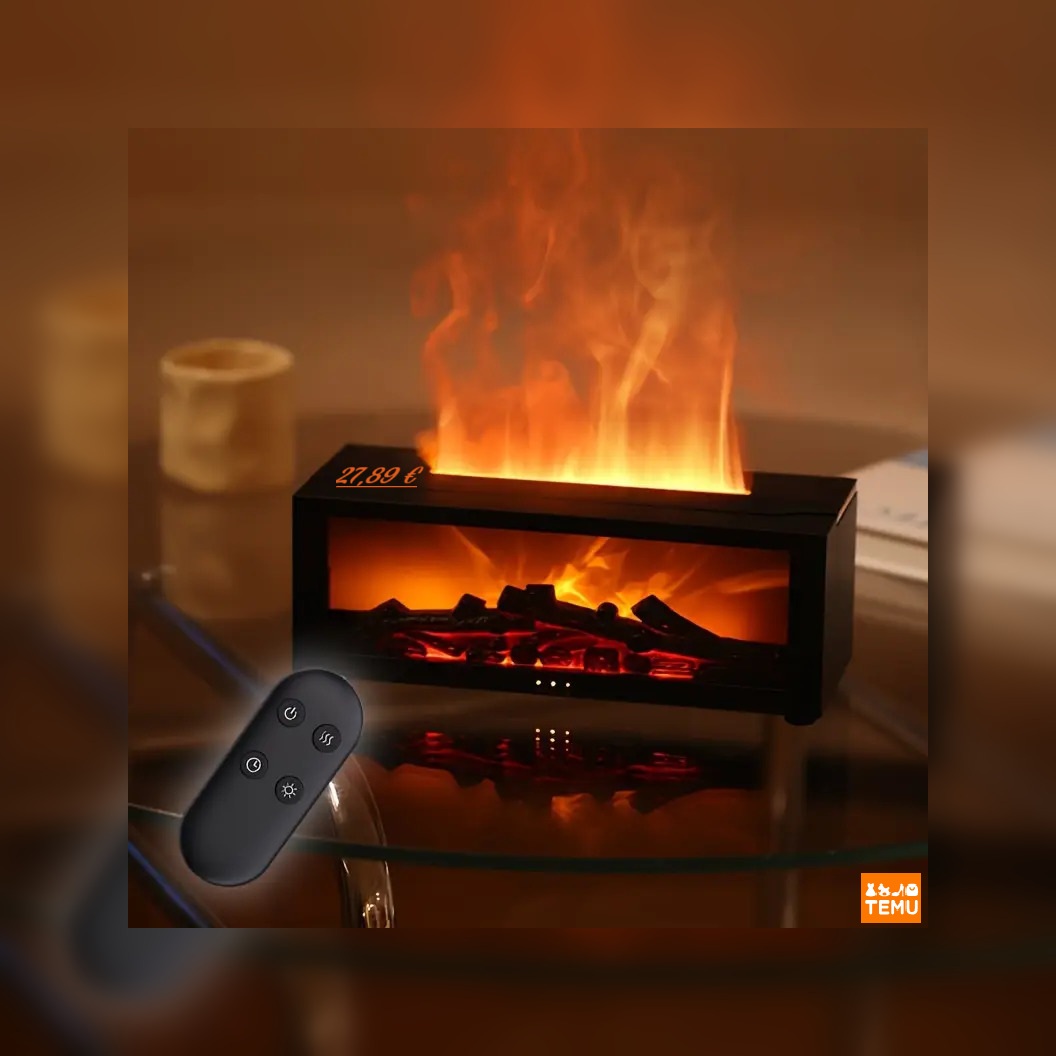Fed State
YOUR LINK HERE:
http://youtube.com/watch?v=pmCpvb32pWo
Parkinson's disease review on symptoms, nursing care, treatment, and pathophysiology NCLEX review. • Parkinson's disease is a neuro disease that affects movement. What is happening in Parkinson’s disease to cause movement to become affected? • The dopaminergic neurons in the part of the midbrain called substantia nigra have started to die. This area is part of the basal ganglia, which is a part of the mid-brain that controls movement. • What do these dopaminergic neurons do? They release the neurotransmitter dopamine, which allow us to have accuracy with movement. Therefore, when these neurons die there is LESS dopamine available to stimulate the neurons and this leads to abnormal movements. • In addition, normally there is a balance between the neurotransmitters acetylcholine (ACh) and dopamine. Remember acetylcholine is an excitatory neurotransmitter, while dopamine is an inhibitory neurotransmitter. • Therefore, they are always balancing each other out with their stimulation of the neuron. However, with the decrease of dopamine there is more acetylcholine, which leads to an increase in cholinergic activity. • Parkinson's Disease Nursing Care includes: safety, psychosocial, digestion/nutrition health, and medication education and side effect monitoring interventions. As the nurse it is very important to teach the patient how to deal with tremors, freeze up, using assistive devices, diet restriction (no protein or vitamin B6 with Levodopa/Carbidopa or tyramine rich foods with MAO Inhibitors) etc. See the video for a detailed review on nursing interventions for Parkinson's disease. • Parkinson's Symptoms include: Tremors at rest (most common): hands, arms, legs (even lips and tongue) hands and finger tremors can look like pill-rolling and tremors will improve with movement, stiffness of extremities (arms DON’T swing with gait): akinesia: inability to move the muscles voluntarily….”freeze up” affects, shuffling of gait. • Along with cogwheel rigidity: when moving arms passively towards body they jerking or push back slightly. Bradykinesia: movements are slow, difficult swallowing (drooling), Face: expressionless, coordination issues, depression, constipation: digestion slows down, and loss of smell • Parkinson's disease treatment includes: antiparkinson's medications (Sinemet Carbidopa/Levodopa , Anticholinergics Benztropoine , Amantadine, Ropinirole, COMT Entacapone , MAO Inhibitors Rasagiline • Parkinson's Disease NCLEX Questions: https://www.registerednursern.com/par... • Notes: https://www.registerednursern.com/par... • More Neuro Videos: • Neuro Nursing • Facebook: / registerednurserns • Instagram: / registerednursern_com • Subscribe: http://www.youtube.com/subscription_c... • Nursing School Supplies: http://www.registerednursern.com/the-... • Popular Playlists: • NCLEX Reviews: • NCLEX Study Strategies • Fluid Electrolytes: • Fluid and Electrolytes Nursing • Nursing Skills: • Nursing Skills Videos • Nursing School Study Tips: • Nursing School Study Tips • Nursing School Tips Questions • Nursing School Tips Questions • Teaching Tutorials: • Teaching Tutorials • Types of Nursing Specialties: • Types of Nursing Specialties • Healthcare Salary Information: • Healthcare Salary Information • New Nurse Tips: • New Nurse Tips • Nursing Career Help: • Nursing Career Help • EKG Teaching Tutorials: • EKG/ECG Interpretation • Dosage Calculations for Nurses: • Dosage Calculations Nursing • Diabetes Health Managment: • Diabetes Health Managment
#############################

 Youtor
Youtor




